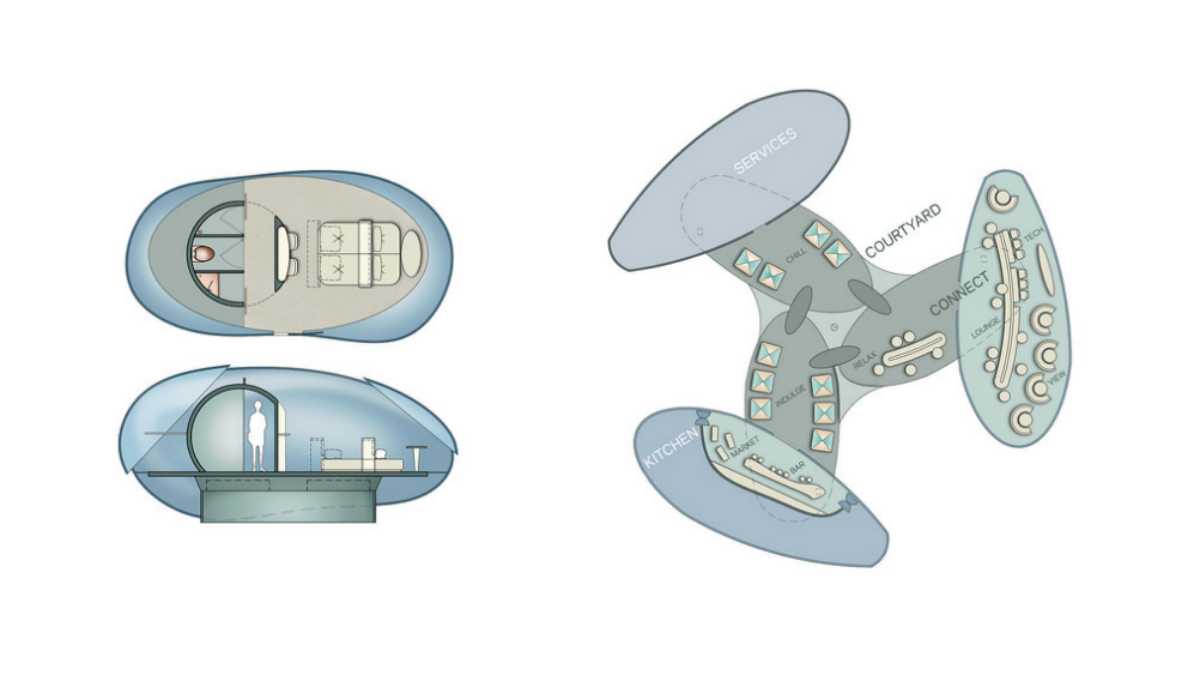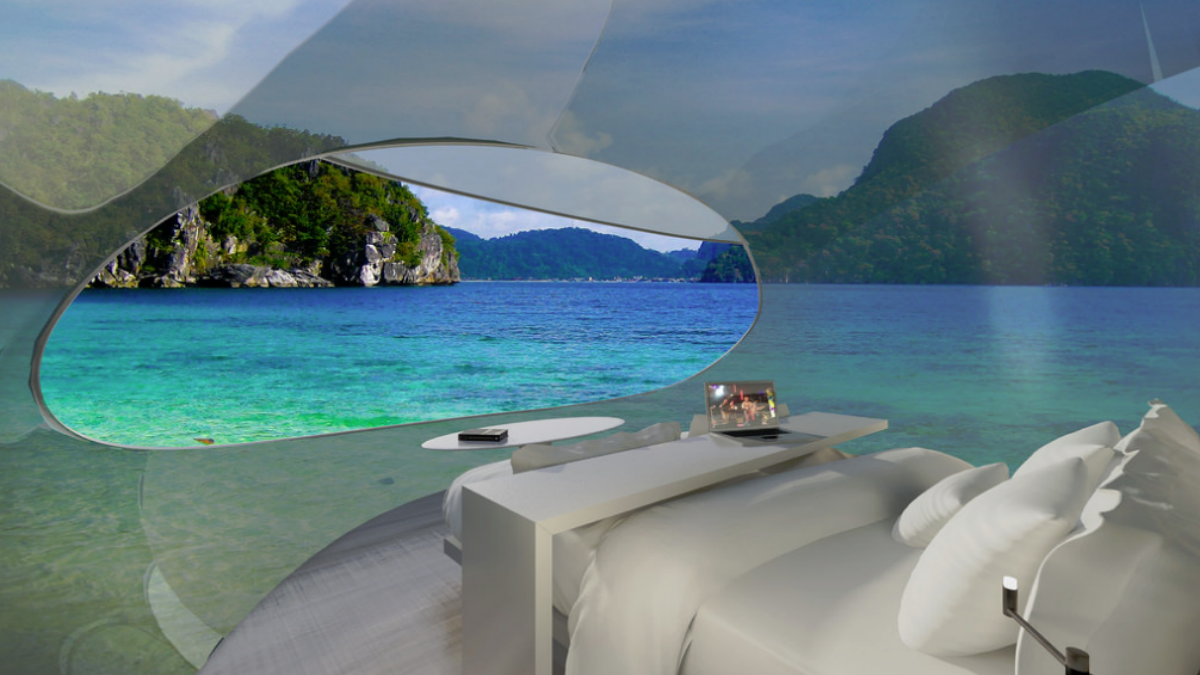Will your next holiday be in a flying glass pod?
Drone-operated hotel rooms could allow you to roam the Serengeti or hover over the Grand Canyon
A free daily email with the biggest news stories of the day – and the best features from TheWeek.com
You are now subscribed
Your newsletter sign-up was successful





A futuristic hotel concept that promises to transform the way we travel by offering guests unrivalled access to some the most remote and beautiful parts of the world was recently unveiled in Canada.
"It used to be that guests associated hotels with a physical address: a static, brick-and-mortar establishment to which they could always return," says CNN Travel. "That concept is becoming outmoded."
The new drone-operated system, known as Driftscape, was pioneered by the global architectural firm Hok and made it to the finals of this year's Radical Innovation Award, which rewards forward-thinking hotel designs.
The Week
Escape your echo chamber. Get the facts behind the news, plus analysis from multiple perspectives.

Sign up for The Week's Free Newsletters
From our morning news briefing to a weekly Good News Newsletter, get the best of The Week delivered directly to your inbox.
From our morning news briefing to a weekly Good News Newsletter, get the best of The Week delivered directly to your inbox.
The individual pods have polymer walls and a lightweight structural system containing aerospace alloys, and offer guests 360-degree views of their surroundings, according to Dezeen magazine.
The 205 square feet unit includes a double bed, adjustable side tables and lounger, as well as a sink, shower and toilet. It would be linked to a larger unit (2,500sqm) with support services and amenities.
Designers say the structures can be transported anywhere in the world and have minimal to no impact on the environment, enabling travellers to experience a pre-selected excursion of their choice.
"The Driftscape hotel allows guests to experience breath-taking locales from the comfort of their personal Driftcraft," say the design team in Toronto. "Roam the plains of the Serengeti, hover over the Grand Canyon or drift through the Pearl Waterfall in China."
A free daily email with the biggest news stories of the day – and the best features from TheWeek.com
Though a tangible Driftscape model doesn't yet exist, the idea could soon become a reality, according to Forbes magazine. "From the research we conducted, it seems the technology is already available in some form," the company said.